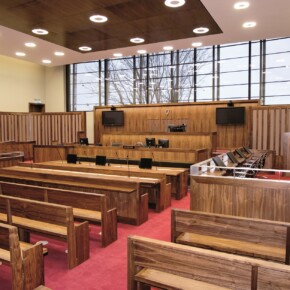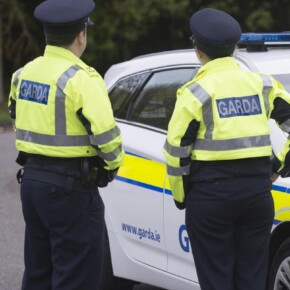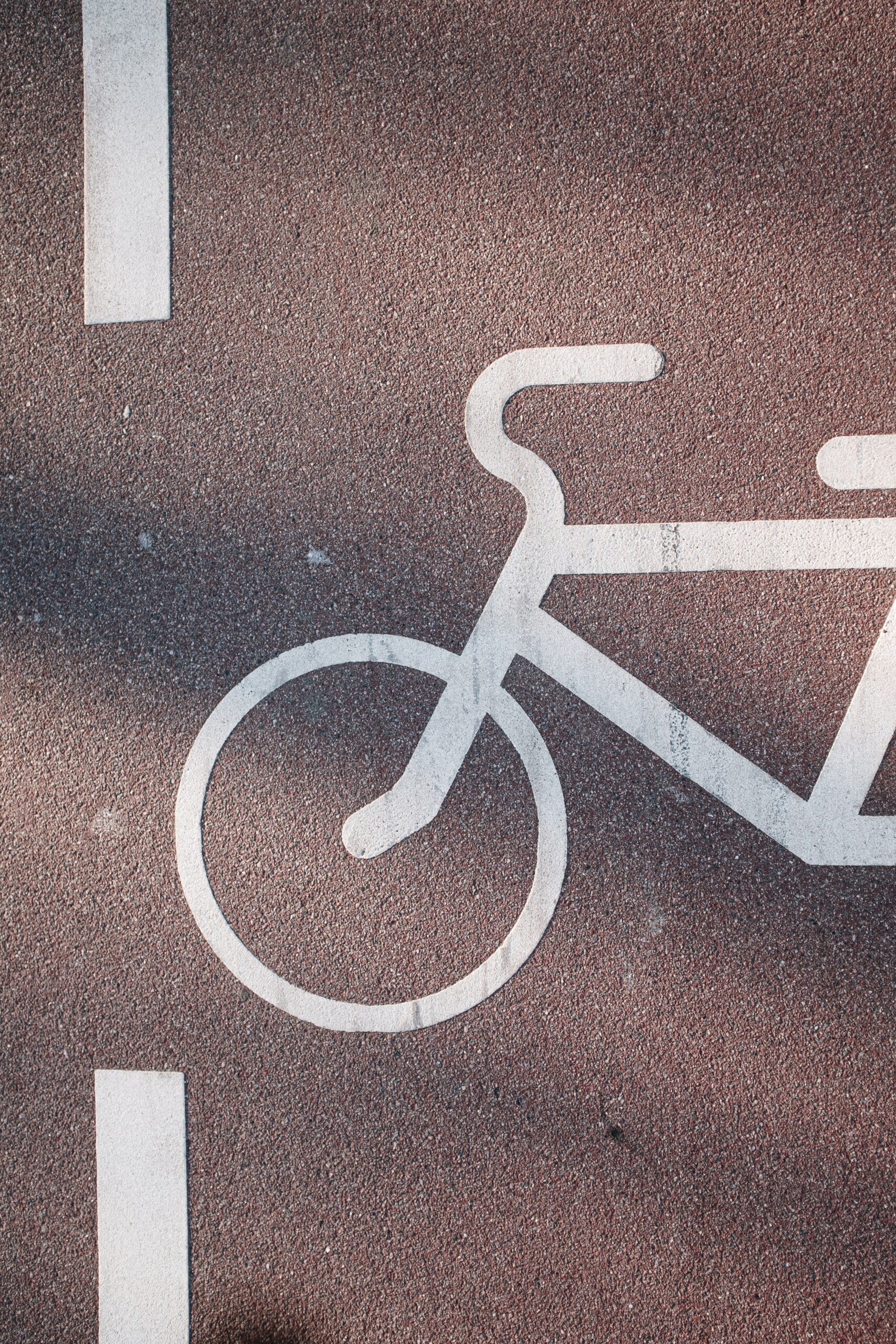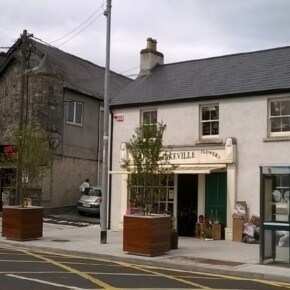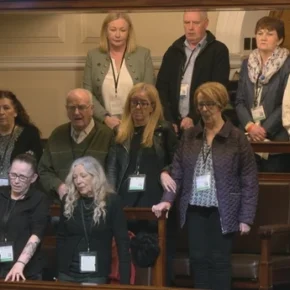Council could have power to bring in congestion charges
Mike Finnerty 03 Apr 2024
A proposed congestion charge, akin to what is seen in most European cities, has been proposed for Dublin.
Under plans drawn up at Cabinet, local authorities, such as Dublin City Council, will have the power to implement the likes of congestion charges and low emission zones.
First introduced in Singapore, congestion charges allow local authorities to charge commuters who travel within city boundaries at certain hours of the day.
London introduced the measure in 2003 to great controversy, but research carried out last year found that the measures reduced congestion in London by 30% over a 20-year span and increased bus traffic in the city by 33%.
In the context of Dublin, local authorities will be given free rein to implement whatever measures they see fit, be it road space reallocation, progressive taxation, or implementing measures related to freight efficiency.
Minister for Transport Éamon Ryan said, “Ireland, like many countries, embraced the car, particularly over the past four decades, as our main way to get around our country.”
“Instead of giving us freedom and saving us time, too many cars on the road has brought about the very opposite effect. Instead of giving us reliability and getting to our destinations quickly, we are wasting hours sitting in traffic,” he said.
The Dublin Bay South TD said the new strategy is a “critical piece in the decarbonising jigsaw for transport”.
In an interview with RTÉ, Ryan iterated that the measures are not “anti-motorist or anti-car” but rather a solution to tackle Dublin’s chronic gridlock.
“Gridlock isn’t going to benefit anyone,” he said.
Dublin City Council themselves stated last October that there are “no plans” to introduce congestion charges for cars entering the city centre.
Ryan stressed this point during his RTÉ interview, saying granting local authorities more power over traffic issues is an example of Government devolving important decision-making to local authorities.
“The key thing we will need is local authorities to provide the road space so that buses work fast,” he said.
A consultation process will go to the public in April.
Elected representatives have a mixed view on the proposal, with Southside TD Bríd Smith coming out against the idea of congestion charges.
The People Before Profit TD noted that air pollution is a more pressing issue for Government to tackle and their priorities are in the wrong place.
“Air pollution is a serious issue in Irish cities. There are approximately 1,700 premature deaths (680 from cardiovascular disease) in the South, and 900 (with 300 from cardiovascular disease) in the North. These are attributable to exposure to fine particulate air pollution, often from the exhaust pipes of cars.”
Smith remarked that the proposal is an example of Government “reaching into the neoliberal playbook for a solution.”
“They want to acclimatise us to congestion charges and will try to introduce them in the coming years. Congestion charges create class barriers to entry to cities. Wealthy people will be able to drive into less congested city centres while the poor will have to rely on infrequent public transport.”
Smith said that introducing free and frequent public transport into our city centre was the solution to the issue, and stated that Ryan is opposed to the idea.
Smith said that implementing free public transport would set the State back €550 million, but has called on Government to be bolder in tackling the issue.
“Clearly, we would need to add extra buses and trains if this was to become workable. If we double that figure to over €1 billion, we could embark on a programme of free public transport in a relatively short time. And there would be no need for congestion charges.”
Referring to Ryan’s comments from 2023 where he said introducing free public transport would “lead to unnecessary journeys,” Smith retorted “who is this Minister to tell us what is unnecessary? And why should a free public transport journey be less acceptable than one in a car?”
In recent weeks, Labour Senator Rebecca Moynihan said that Dublin should follow in the footsteps of Paris in implementing a tax on SUVs.
Paris made international headlines after mayor Anne Hildago, herself a member of the French equivalent of Labour, asked Paris voters if SUVs should be taxed.
Parisians voted in favour of taxing SUVs more than €18 per hour for parking in the city centre, and €12 for parking elsewhere.
It is estimated that the tax will bring €35 million into Paris’ coffers every year.
Moynihan said “with SUVs gaining popularity, their disproportionate contribution to pollution demands immediate attention.”
“The surge in SUV ownership exacerbates our environmental concerns. We know from the Climate Change Advisory Council that ambitions have not been matched by actions. As it stands, we have already reached 50% of our 2030 emissions ceiling. This indicates a critical need for robust measures to curb car bloat.”
“We in Labour have been advocating for an SUV tax akin to France’s model, factoring in weight and size.”
Labour’s proposed levy would be integrated into existing Vehicle Registration Tax and annual motor tax systems, would deter oversized vehicle ownership and could be used to mitigate their adverse impacts.
Sinn Féin TD Mark Ward said “in the four years of this Government, the Green Party Minister has continued to push an anti-motorist agenda at every turn.”
“He has overseen the continued rise of toll charges – there were two rises over six months last year alone which cost motorists an additional €200 per year. The Government are also overseeing yet another rise in excise tax at the end of the month.”
“There is a very clear agenda by the Green Party Minister – supported by Fianna Fáil and Fine Gael – to punish the motorist,” he said.
“I want to be clear – Sinn Féin’s approach to transport, whether public or private, is one that has decarbonisation at its core. The difference with our approach and government’s approach is we are practical.”
Ward said that Ryan is trying to take lessons from London’s transport management, but the needs of both cities are very different.
“What the Minister is failing to grasp is that the London public transport system and the Dublin Mid-West one are worlds apart,” he said.
“We can all agree that the public transport system in London is in place for decades, is well run, and offers commuters a reliable option to get to their destination – whether it be school, work, or medical appointments. There is little need for a private car there because of this.”
“Unfortunately the same cannot be said for Dublin Mid-West or the wider public transport system across Ireland as a whole.”
Research published in January 2023 showed that Dublin is the 12th worst city in the world for traffic congestion.
Dublin found itself ahead of other European capitals such as Rome, Brussels and Bucharest in research carried out by American company Inrix.


